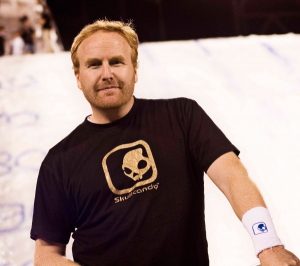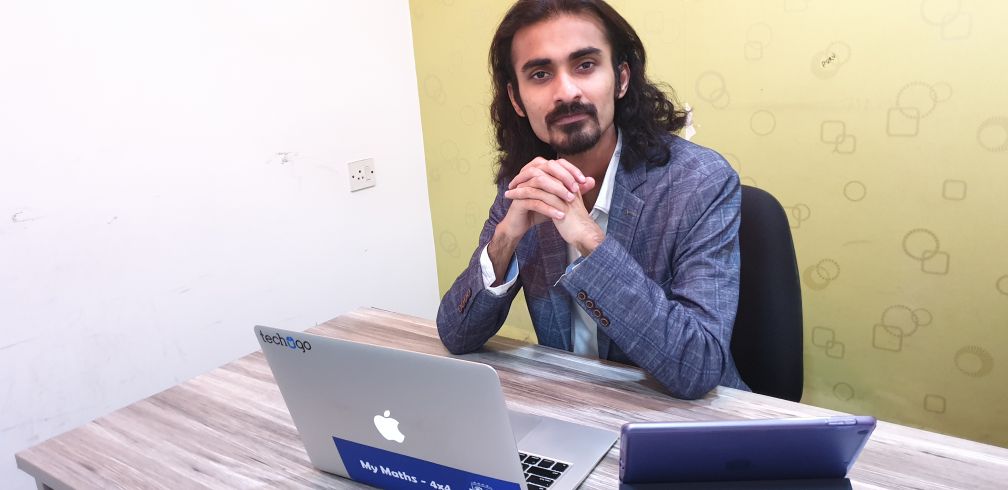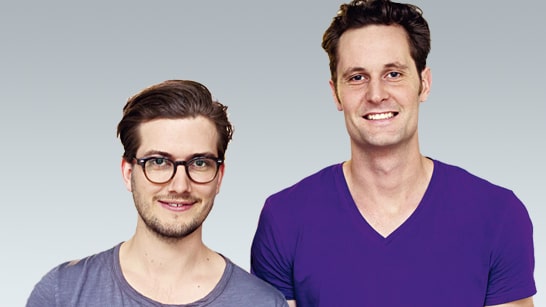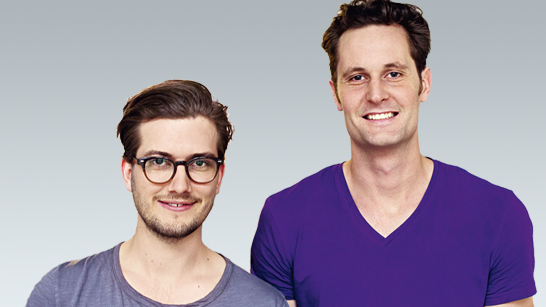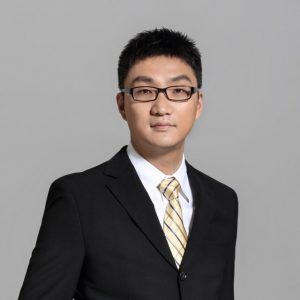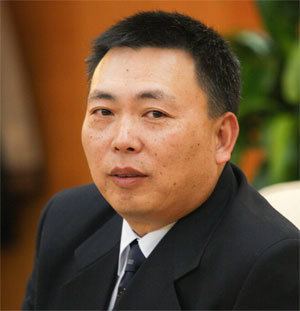Mark Jonathan Pincus – The Pinnacle of Social Gaming and Entrepreneurship
Online games are interesting as you do not have to download them or build a separate setup for it. A few clicks on the computer, and you are ready to play. Not only, the availability of the internet makes them better, but also, playing with friends increases the fun. Zynga, one of the best social video gaming services, provides the best in-game experience when it comes to social gaming. The mind behind Zynga, Mark Pincus Jonathan, is a spirit of pure passion for entrepreneurship, and his story shows that innovation can make anything happen.
Mark was born on February 13, 1966, in Chicago, Illinois. He studied from Francis W. Parker School, till his 12th grade. He has two Ivy League degrees. In 1984, he graduated from Wharton School of the University of Pennsylvania, where he pursued a B.S. in economics. After graduating, he worked in venture capital and financial services, for 6 years. He then joined the New Media Group at Lazard Freres & Co. Later, Mark moved to Hong Kong to serve as the Vice President of Asian Capital partners, but returned to the USA, only after two years, to complete an MBA degree from the Harvard Business School. Alongside, he continued to work in the industry with Tele-Communications (AT&T Cable) and Columbia Capital.
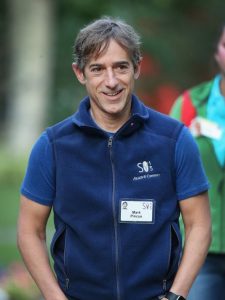
He took an overview of the startups at Columbia Capital, where he invested in New media and software startups. In 1995, he started his entrepreneurship career with ‘Freeloader’. The company received investments from Fred Wilson and Softbank. The startup was a web-based push technology. Within seven months of its launch, Individual Inc. acquired the company for $38 million.
After Freeloader, in 1997, Mark started another startup named ‘Support.com’. The product of the company was a help desk automation software. He ensured that his startup left no stone unturned and made the company as the leading provider of its services. The public valuation of the company was $1.5 billion. Later, the startup was renamed as SupportSoft Inc.
In 2003, Mark and Reid Hoffman purchased Six degrees patent for $700,000 from the extinct Sixdegrees.com. The patent has never been used to date. Both the purchasers state that the purpose of the purchase was to protect the innovation in social networking.
Tribe.net was his next milestone. His third startup was funded by The Washington Post, Knight Ridder Digital, Mayfield Fund and Guy Spier. The startup was about social networking. Cisco Systems, in 2007, acquired the company to develop a more comprehensive social networking platform for its digital media services group.
Alongside starting his own startups, he also invested in other ones out in the market. He made early investments in Facebook and Twitter. Napster, Snapchat, Friendster, Xiaomi, JD.com, Brightmail, Buddy Media. He invested in several other ventures like HVMN and Wealthfront.
Zynga Inc., his fourth company, was started in July 2007. Zynga is named after Pincus’ late dog, Zinga, an American Bulldog. The company’s red and white logo is a rendering of the bulldog. Zynga provides the best social gaming experience and has developed games for Facebook, Myspace and Bebo. Zynga states its mission as ‘connecting the world through games.’ The first game was Texas Hold’Em Poker (now Zynga Poker). In April 2009, Zynga became the developer with most active users on Facebook (reportedly 40 million). In the same year, Zynga released ‘Farmville’ which turned out to be an absolute blockbuster. It was Facebook’s first game to surpass 10 million active users per day. In December 2010, CityVille surpassed Farmville, as the company’s most popular game, with over 16 million active users per day. At its public offering, the company was valued at $1 Billion. Zynga, since then, has released games like Farmville 2, Words with Friends, CSR Racing 2, Mafia Wars, etc., which are played all under ‘Zynga with Friends’ Network.
Pincus served as the company CEO from 2007 to 2013. He made headlines when he sold around 16.5 Million shares of Zynga. He remained the Chairman of the Board of Directors and the Chief Product Officer of the company. He stepped down as the CPO in April 2014. In April 2015, the company announced Mark as the CEO of the company following his step down on March 7, 2016. He ceded his voting rights from 70% to 10% in order to vote of confidence in Zynga’s current leadership.
He has been involved in community service, too. He started Zynga.org committed to transforming the world through virtual social goods. The service raised more than $20 million and has donated it to several international non-profit.
Mark Jonathan Pincus, the founder of Zynga, has provided one of the best games the world ever witnessed. He made social gaming possible through ‘Zynga with Friends’ campaign. He has a real-time net worth of $1.2 Billion. He was named ‘Founder of the Year’ in 2009 and in the following year, by the Crunchies Technology Awards. He is a pinnacle of online gaming and entrepreneurship promoting innovation all the way.

Raghav is a student and a content writer. He loves to write about emerging as well as the existing technologies around and about the ones who bring them to you. Music is the other passion that Raghav processes. It is like the fuel to his body. He is also in writing songs and poems. He believes that life is short, so live the best out of what you have got. Raghav considers himself a sci-fi guy, having stories and tech all around in his head, all the time.


